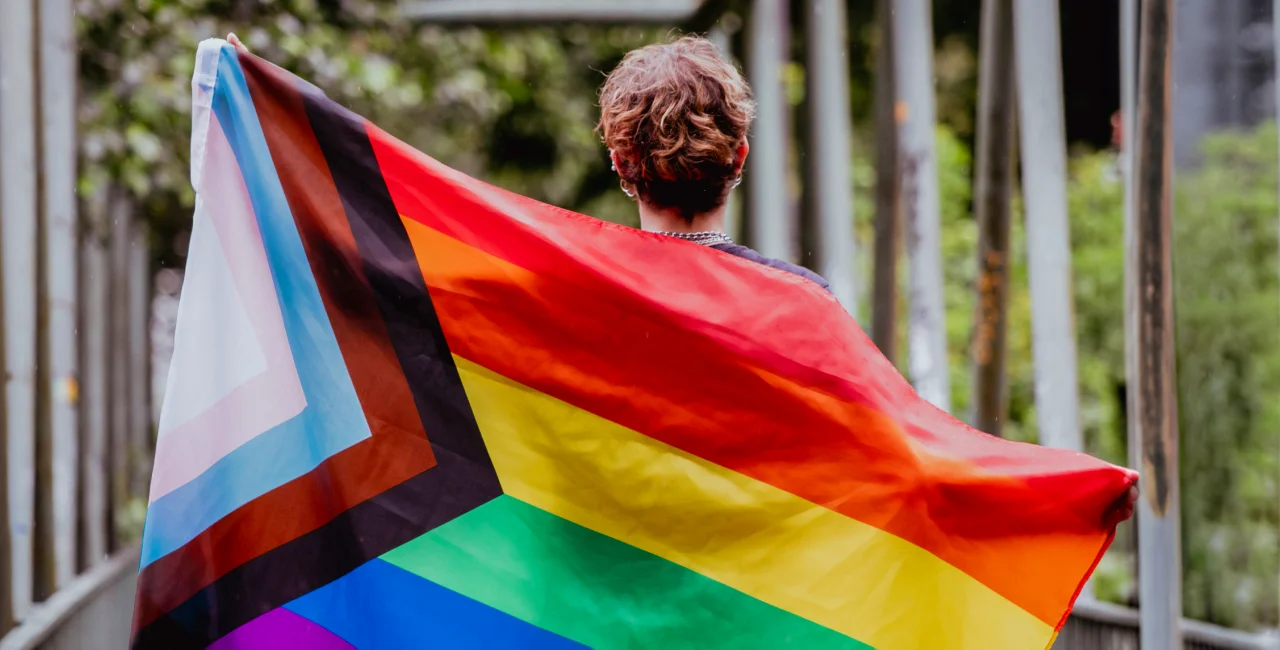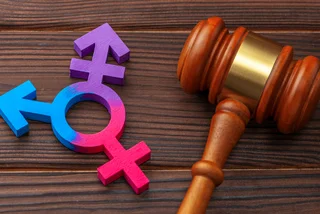A major new survey by the EU Agency for Fundamental Rights (FRA) has laid bare the discrimination and challenges still facing LGBTQ+ communities across the EU, including in the Czech Republic.
The online survey drew 100,577 responses from LGBTQ+ people in all 27 EU member states, as well as Albania, North Macedonia, and Serbia. The results paint a picture of persistent prejudice, harassment, and inequality despite efforts to advance LGBTQ+ rights.
In the Czech Republic, 63 percent of respondents said they had been harassed in the year before the survey, compared to 54 percent across the EU. A Czech bisexual woman, age 29, lamented that “LGBTIQ people are treated as second-class citizens, not protected as equals.”
More LGBTIQ people in Europe now live openly. YET, they face more violence, harassment, & bullying than before.
— EU Fundamental Rights âž¡ï¸ #HumanRights (@EURightsAgency) May 14, 2024
The @EURightsAgency’s new report shows that EU countries need to do more to achieve LGBTIQ equality.
See âž¡ï¸ https://t.co/TIaLagwvz9#LGBTIQSurvey #OurDataYourAlly pic.twitter.com/VBW3I4JFlW
Many respondents reported discrimination in crucial areas of life, including at work, school, healthcare settings, and public spaces. Thirty-five percent of Czech respondents said they felt discriminated against in at least one area over the previous year, similar to the 37 percent EU average.
- Fourteen percent of Czech LGBTQ+ individuals considered suicide "often or always."
- More than 50 percent of Czech LGBTQ+ individuals feel no need to hide their sexual orientation or gender identity, but 45 percent hid it at school.
- Fifteen percent of Czech LGBTQ+ individuals faced workplace discrimination in the past year, unchanged from five years ago.
“I was forced to undergo sterilization – without it, I would have a gender on my ID card that does not match my appearance at all, and I would still have to face discrimination,” said a 26-year-old pansexual trans woman from Czechia.
Safety remains a primary concern, with 12 percent of Czech respondents saying they had been physically or sexually attacked in the five years prior, on par with the 13 percent EU rate. Only 8 percent reported such attacks to police.
Anti-LGBTQ+ sentiment also pervades schools, according to the survey. Fifty-two percent of all Czech respondents said they suffered bullying, ridicule, or threats from students due to their LGBTQ+ identity, though below the 67 percent EU average.
“Elementary and middle schools are a walking horror for a gay child. Many gays are bullied at school, and parents often don’t even know about it,” said a 30-year-old gay man from Czechia.
The report highlights some areas where the Czech Republic fares better than EU averages, such as 27 percent believing violence against LGBTQ+ people has increased in recent years, compared to 59 percent across the EU. But overall, the results show LGBTQ+ Czechs continue to face widespread discrimination, harassment, and societal intolerance.
“Because I live my life almost completely 'hidden' – my life is not so affected by the LGBTQ+ problems that my country has. If I didn’t live in hiding, I know I would have problems – at work, at school,” said an 18-year-old non-binary lesbian from Czechia, illustrating the difficulties of living openly.












 Reading time: 2 minutes
Reading time: 2 minutes 





























